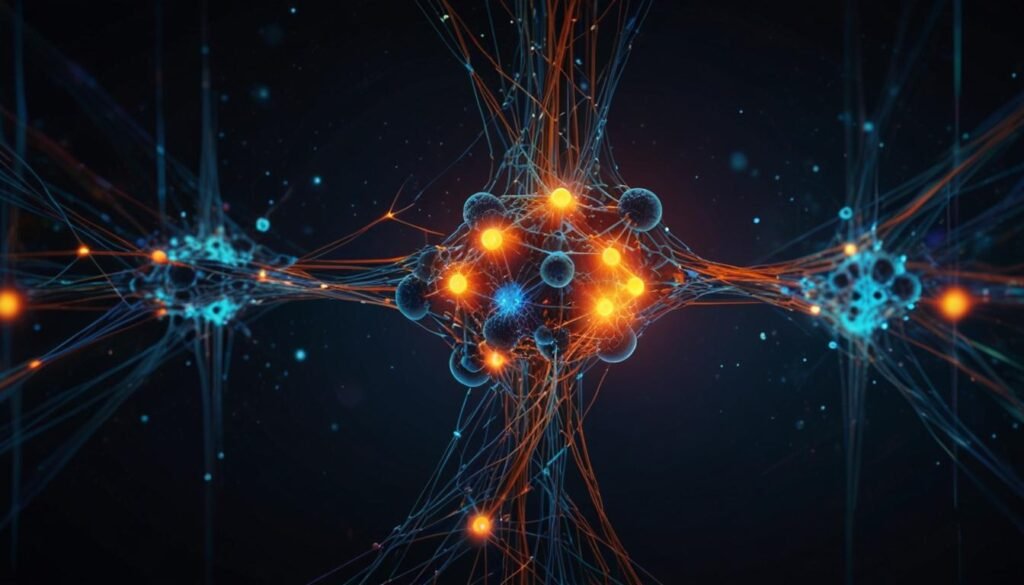John Hopfield and Geoffrey Hinton receive the 2023 Nobel Prize in Physics for their groundbreaking contributions to artificial intelligence and machine learning, highlighting the intersection of physics and technology.
In recognition of their groundbreaking contributions to artificial intelligence and machine learning, the 2023 Nobel Prize in Physics has been awarded to two esteemed researchers, John Hopfield and Geoffrey Hinton. Both researchers have made seminal advances in the field, which underpin much of the technology we see in use today, including sophisticated AI systems like ChatGPT.
John Hopfield, renowned for creating an associative memory model, developed a system capable of storing and reconstructing images and patterns within data. This breakthrough enabled significant advancements in how artificial networks process and recall information, laying a foundational stone for further developments in machine learning.
In parallel, Geoffrey Hinton, widely known as one of the “godfathers of AI,” invented a method that allows systems to autonomously discern properties within datasets. This innovation facilitates artificial intelligence to efficiently perform complex tasks such as identifying specific elements in images, which has been crucial to the progress and functionality of modern AI systems.
Despite his achievements, Professor Hinton is also a vocal critic of the potential risks associated with artificial intelligence. In a move that drew widespread attention, Hinton resigned from his position at Google last year, following a decade of service. His resignation was driven by his need to speak openly about the potential “existential risk” that AI technologies could pose, raising questions about the ethical considerations and societal impacts of rapidly advancing AI capabilities. The Nobel committee, however, did not address these concerns in their commendation, choosing instead to focus on the researchers’ pivotal achievements.
The award was given to Hopfield and Hinton “for foundational discoveries and inventions that enable machine learning with artificial neural networks,” as stated by the Nobel panel. They highlighted the application of physical methods by these two physicists to develop techniques that form the backbone of today’s robust machine learning systems.
This year’s award underscores the importance of interdisciplinary approaches, integrating insights from physics to drive progress in artificial intelligence, ultimately shaping the technology that has become increasingly embedded in everyday life. The recognition of Hopfield and Hinton’s work furnishes a deeper understanding of the mechanics of AI technologies and the enduring impact these developments hold for the future of computing and automation.
Source: Noah Wire Services
















